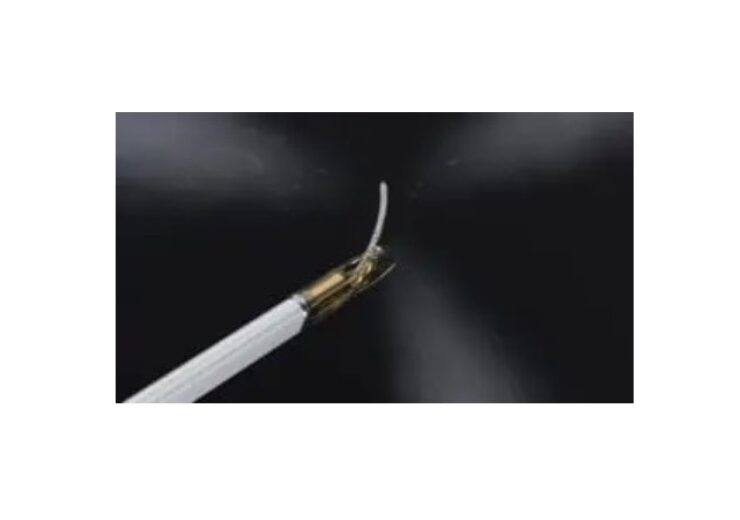The funding will be used by the company to develop its prostate cancer treatment through FDA 510(k) approval, which consists of a pivotal clinical study

Francis Medical has received funding for water vapour therapy device. (Credit: Francis Medical)
Medical device company Francis Medical has secured $55m in Series B equity financing for its water vapour therapy device.
Led by Solas BioVentures, the Series B financing round saw participation from previous investors such as Arboretum Ventures, Coloplast A/S, H2Oey Ventures and Tonkawa.
Francis Medical is engaged in the development of advanced water vapour ablation therapy to treat prostate, kidney, and bladder cancer.
The thermal energy stored in a few drops of sterile water will be used by the company’s water vapour technology to offer targeted treatments to the cancerous tissue via a simple transurethral procedure.
Francis Medical president and CEO Michael Kujak said: “Our Founder and Chief Technology Officer, Michael Hoey, and I would like to thank our investors, employees, and physician partners for achieving this important milestone.
“This financing is a real testament to the significant accomplishments of the entire team.
“At Francis Medical, our shared vision from the beginning has been to bring this breakthrough technology to market to improve the lives of prostate cancer patients worldwide. We look forward to deploying these proceeds toward making this vision a reality.”
The proceeds from the current financing round will be used by the company to develop its prostate cancer treatment through 510(k) clearance from the US Food and Drug Administration.
It consists of a pivotal clinical trial called VAPOR 2 to manage prostate cancer. The trial will commence recruitment in August next year.
The funding is based on positive results from VAPOR 1 prospective, multicentre and single-arm study, which treated 15 patients with intermediate-risk and localised prostate cancer at four US clinical centres.
According to the company, the VAPOR 1 study showed no serious adverse events, no device-related adverse events and no unanticipated adverse device effects as its primary endpoint.
In addition, the study’s six-month biopsy results found no remaining Gleason Grade Group 2 or greater clinically significant disease in the targeted treatment areas in 87% of patients treated.
